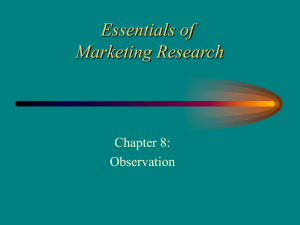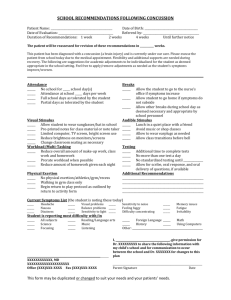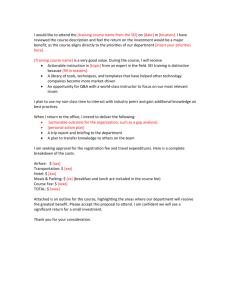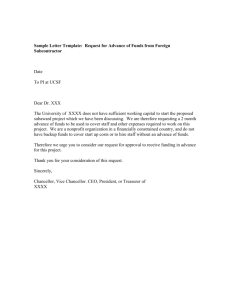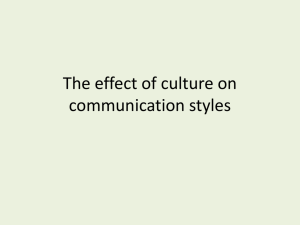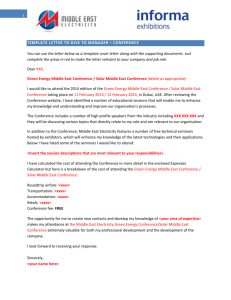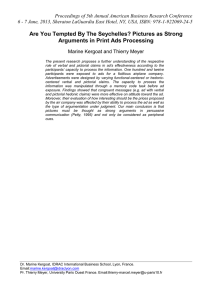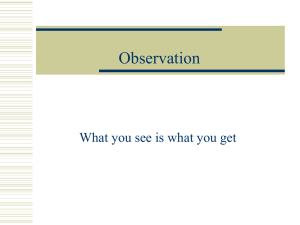Observational Methods: Part I (Click icon for audio) Dr. Michael R. Hyman, NMSU
advertisement
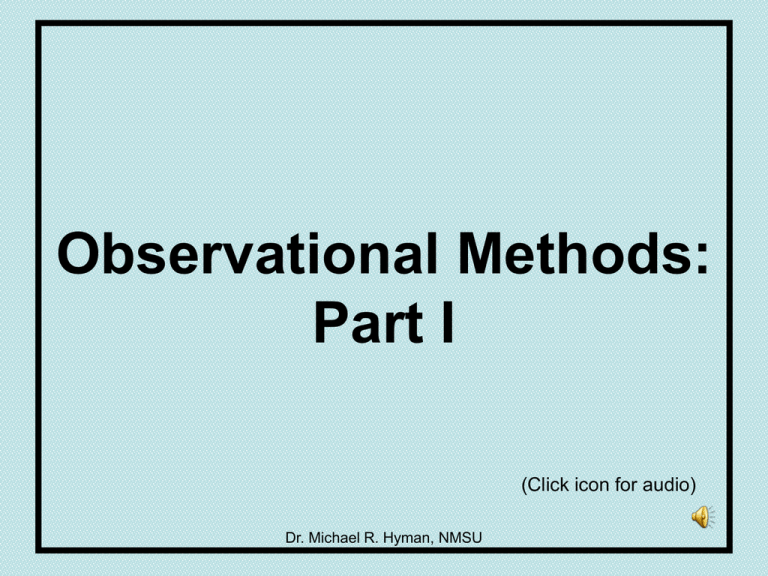
Observational Methods: Part I (Click icon for audio) Dr. Michael R. Hyman, NMSU 2 Scientific Observation Is Systematic “YOU SEE, BUT YOU DO NOT OBSERVE.” --Sherlock Holmes 3 What Can Be Observed? • • • • • • Physical actions Verbal behavior Expressive behavior Spatial relations and locations Temporal patterns Verbal and pictorial records 4 What Can Be Observed? Phenomena Example Human behavior or physical action Shoppers movement pattern in a store Verbal behavior Statements made by airline travelers who wait in line Expressive behavior Facial expressions, tone of voice, and other form of body language 5 What Can Be Observed? Phenomena Example Spatial relations and locations How close visitors at art museums stand to paintings Temporal patterns How long fast-food customers wait for service Physical objects Brand name items stored in consumers’ pantries Verbal and pictorial records Bar codes on product packages 6 Categories of Observation • Human versus mechanical • Visible versus hidden • Direct versus contrived 7 8 Scientifically Contrived Observation Creation of artificial environment to test a hypothesis 9 10 11 Sample Observation Form 12 Observation of Physical Objects • Physical-trace evidence • Wear and tear of a book indicates how often it has been read • Unobtrusive measures • Garbology 13 Unobtrusive Measure • Philadelphia neighborhood • Aerial shots of AC units • Pattern not random XXXX XXX X X XXX XXX X XXXXXXXXX XXXXXX X X X XXXXX X X XXXX XX • Therefore, diffusion via word of mouth 14
